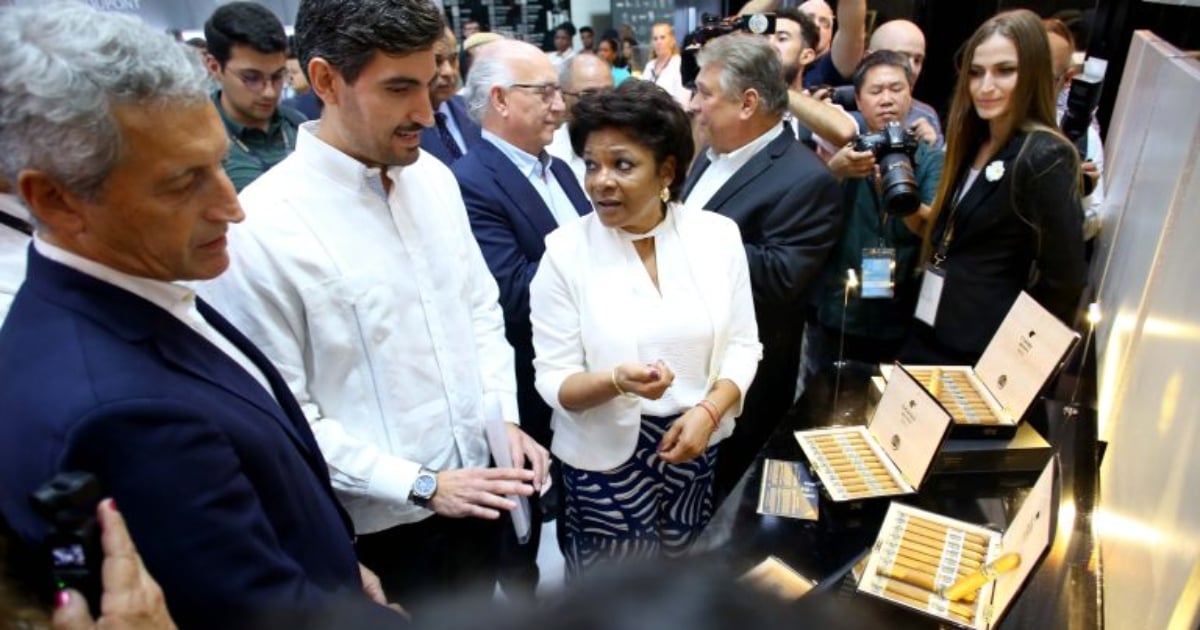As the Cuban government ceremoniously launches the 25th edition of the Havana Cigar Festival, attracting businesspeople and collectors from over 70 nations to celebrate the "authentic luxury" of Cuban tobacco, life for ordinary Cubans paints a starkly different picture. In a nation where shortages of basic goods are a daily reality, the cost of a box of Criollos or Popular cigars has surged to 500 Cuban pesos (CUP) on the black market, highlighting an unprecedented economic crisis.
Running in Havana until February 28, the event underscores the dual nature of Cuba's economy: while premium cigars serve as the island's global ambassadors, local consumers struggle to purchase even the cheapest brands at exorbitant prices, given the minimum wage on the island is merely 2,100 CUP. With domestic cigar production plummeting, the state-owned Tabacuba prioritizes exports and the product's international image, a strategy the authorities defend as essential for acquiring foreign currency, which is managed with little transparency.
The irony is palpable. Inside Havana's Convention Palace, the festival exudes glamour with talks on tradition and innovation, million-dollar humidor auctions, and exclusive dinners, while outside, locals endure long lines to buy low-quality cigars from the rationed family basket or individually in the black market.
Recent reports reveal that even the most affordable cigars have reached exorbitant prices in the informal market, with a box of H. Upmann selling for up to 1,500 pesos in some provinces. Despite the energy crisis causing frequent blackouts and the scarcity of essential goods, the regime continues to host such events to lure foreign investment.
The contradiction is glaring: on the same island where many workers can barely afford their basic needs, it momentarily transforms into the epicenter of a luxury industry, catering only to those who can afford its high prices. Far from benefiting the population, the Havana Cigar Festival is a stark reminder of the Cuban government's priorities: while the national economy crumbles, the tobacco sector solidifies as a multimillion-euro revenue stream for the State, with sales reaching 721 million euros in 2024.
However, these profits rarely translate into improvements for Cubans, who continue to suffer from shortages and rampant inflation. Once again, Havana becomes a postcard of contrasts: between blackouts and lavish parties, between the luxury of cigars and the hardship of the average Cuban.
Frequently Asked Questions about the Havana Cigar Festival
What is the Havana Cigar Festival?
The Havana Cigar Festival is an annual event in Cuba that attracts international businesspeople and collectors to celebrate the luxury and tradition of Cuban tobacco.
How does the festival affect local Cubans?
While the festival showcases Cuban cigars to the world, local Cubans face shortages and high prices for basic goods, highlighting economic disparities.
Why are cigars so expensive on the black market in Cuba?
Due to declining domestic production and prioritization of exports, cigars have become scarce, driving up prices on the black market.
